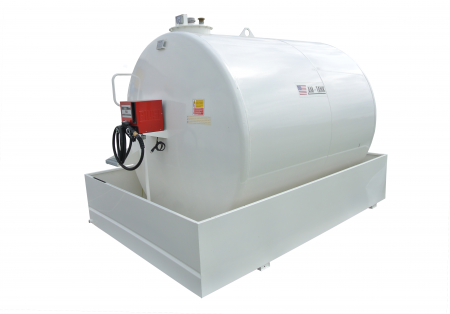
(615) 547-4033
Fuel Tank
Fuel tanks in construction attachments are specialized components that play a critical role in powering heavy machinery and equipment on construction sites. These tanks are designed to store and supply fuel efficiently, ensuring uninterrupted operation of construction machinery. Here’s a summary of the importance and key aspects of fuel tanks in construction attachments:
- Fuel Storage: Fuel tanks serve as reservoirs for storing gasoline, diesel, or other fuels required to power construction equipment, such as bulldozers, excavators, cranes, and generators. They come in various sizes and capacities to meet the fuel needs of different machines.
- Uninterrupted Operation: Fuel tanks are essential for maintaining uninterrupted operation on construction sites. Having an onboard fuel supply eliminates the need for frequent refueling, reducing downtime and increasing productivity.
- Mobility and Versatility: Fuel tanks can be integrated into various construction attachments and equipment, including skid steer loaders, mobile generators, and water pumps. This mobility allows construction crews to have a readily available power source wherever it’s needed.
- Safety Features: Modern fuel tanks are equipped with safety features such as anti-siphon devices and fuel level gauges to prevent theft and monitor fuel levels. Additionally, they adhere to safety standards and regulations to reduce the risk of leaks or accidents.
- Customization: Fuel tanks are often customized to fit the specific requirements of the equipment they are integrated into. This ensures a seamless fit and efficient fuel supply for the machinery.
- Fuel Efficiency: Many fuel tanks are designed with features to enhance fuel efficiency. They may include insulation to maintain fuel temperature, preventing condensation and fuel quality degradation.
- Environmental Considerations: Fuel tanks are designed to minimize environmental impact. They incorporate spill containment measures to prevent fuel leaks and comply with environmental regulations regarding fuel storage and handling.
- Remote Monitoring: Some modern fuel tanks come equipped with remote monitoring capabilities, allowing operators to track fuel levels and consumption remotely. This enhances efficiency by optimizing fuel management.
